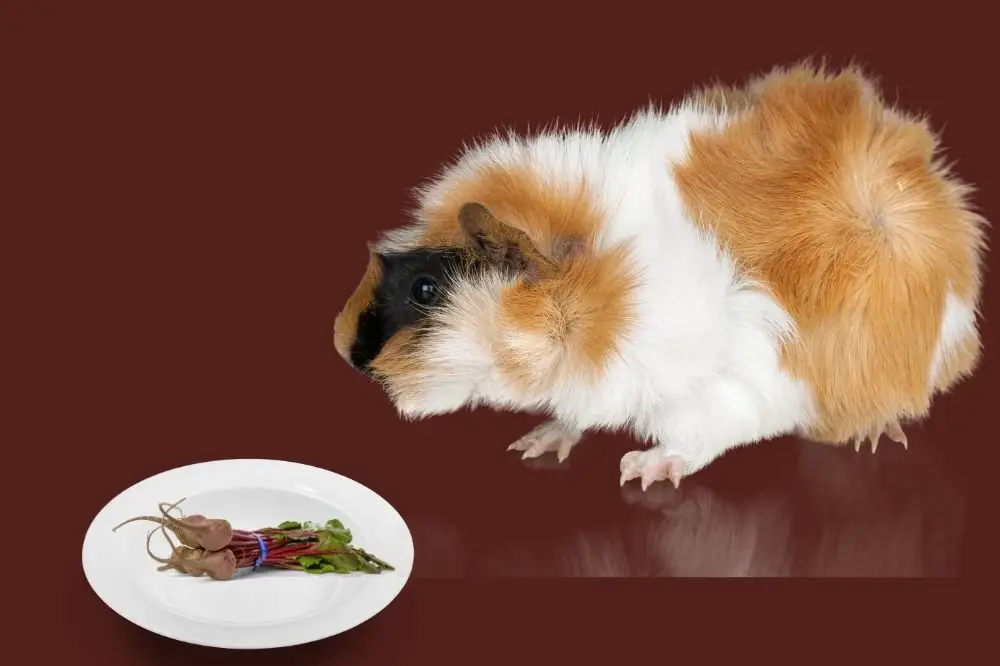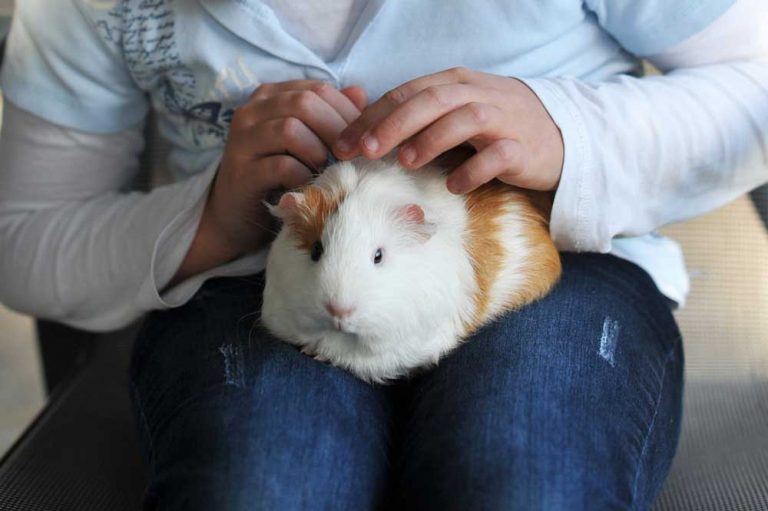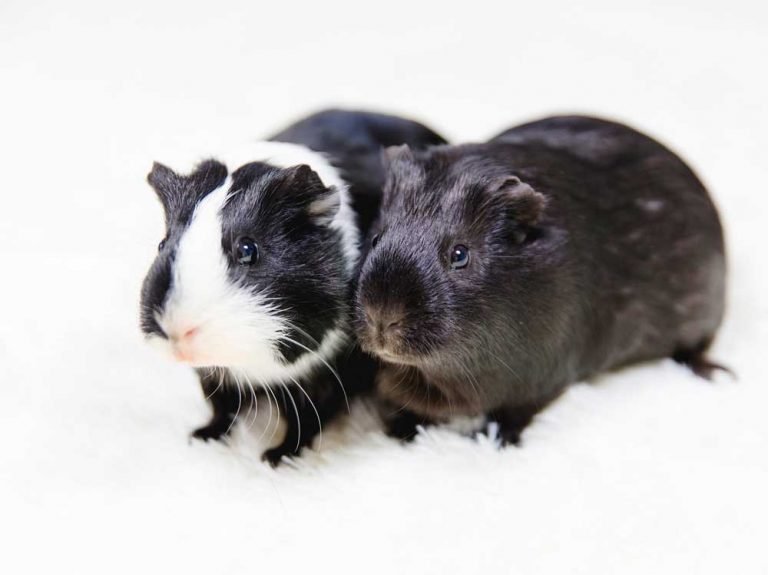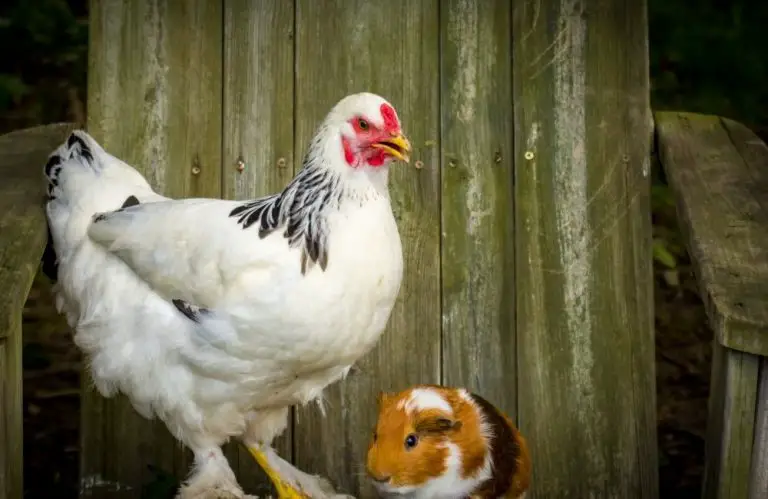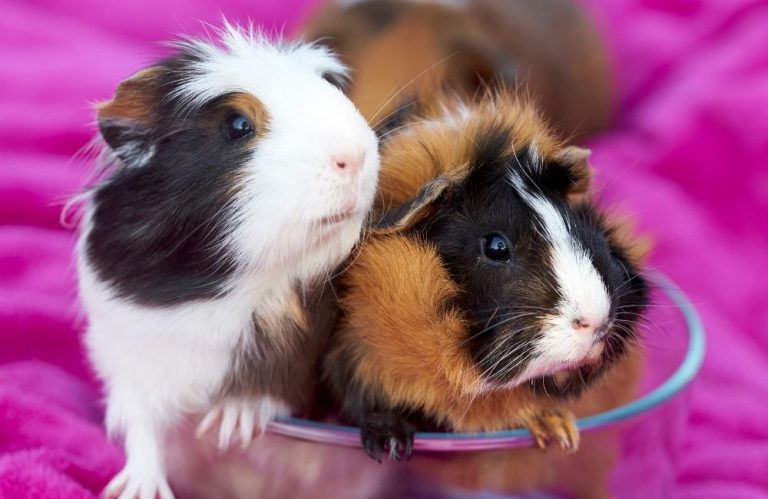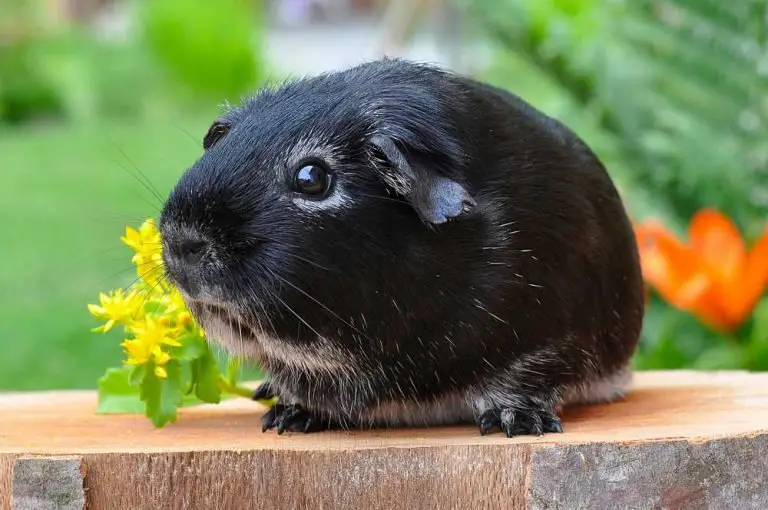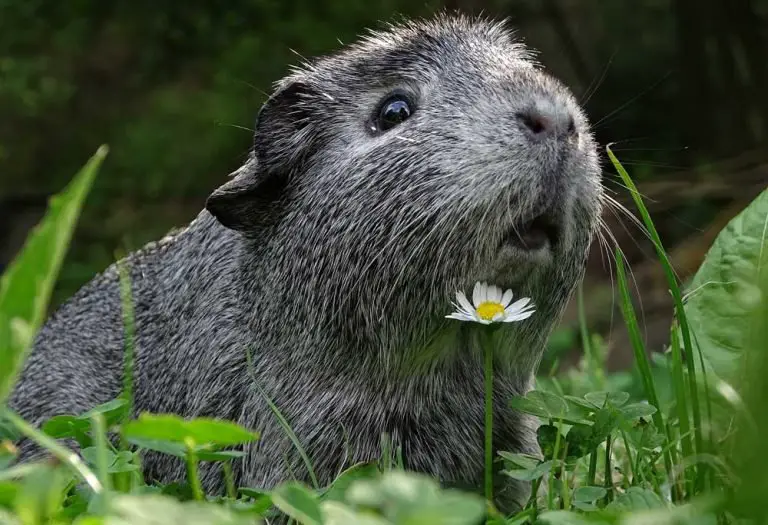Can Guinea Pigs Eat Beets?
Beta vulgaris, also known as Beetroot or Beets, is a highly nutritious root vegetable that can boost your immune system.
However, the problem with most human foods is that they are bad for guinea pigs. As such, guinea pig parents have to watch what their pets eat.
So, are beets bad for guinea pigs, or are they good for your cavy? To start our discussion, let’s find the answer to the main question.
Can Guinea Pigs Eat Beets?
Guinea pigs can eat beets but only in small portions. In fact, beetroot contains a lot of dietary fiber and essential minerals that can boost the health condition of your guinea pig. Beets are also packed with vitamins and potent antioxidants, which combat destructive free radicals, thereby preventing cellular damage.
Aside from hay, guinea pigs need vegetables since they play an essential role in their diet. According to guinea pig experts, 10-15% of a guinea pig’s diet should be made up of vegetables.
And since beetroots are some of the healthiest root vegetables, they can be an excellent addition to your furry friend’s diet.
Beets contain most of the vitamins that guinea pigs need to stay healthy, so you can feed them to your cavy without worrying about anything.
Nevertheless, beets should never replace hay or any other healthy vegetable in your guinea pig’s diet.
If served in the right portions, you will have yourself a healthy guinea pig that you can play with whenever you want. Still, you should know when to give your pet personal space.
Like most foods that we feed our guinea pigs, beets can cause health problems if cavies overfeed on them.
To avoid this, you should only serve your pet beetroot a few times a week. Failure to which, the vegetable may do your guinea pig more harm than good.
Health Consequences of Feeding Guinea Pigs Too Much Beets?
Beetroot can only benefit your guinea pig if you serve it in small portions. This is because it contains compounds that can potentially harm your cavy if consumed in large amounts.
For starters, some of the nutrients in beetroot can cause digestive problems that may result in abdominal discomfort.
This may cause server pain to your cavy, so ensure that you feed the pet a few slices of beetroot to avoid this.
Beetroots also contain natural sugars, which can cause diarrhea in cavies. Diarrhea is not good for your guinea pig because it can lead to weight loss or death.
As such, if you notice that your pet has diarrhea, you should take the guinea pig to the vet to avoid other problems.
Additionally, the cavy should be given a lot of water since persistent diarrhea can cause dehydration.
The other thing that you should worry about when feeding your guinea pig beets is bladder stones.
This is because beetroot is rich in calcium, phosphorus, and other mineral compounds that can easily clump together when exposed to certain conditions.
In some cases, the stones may form in the kidney, thus causing life-threatening urinary complications.
Now that you know the downside of beetroot, let us look at its benefits when the vegetable is served in the correct amount.
Benefits of Beets to Guinea Pigs
Beetroot is considered a superfood, so it can provide your cavy with so many nutrients. It contains different types of vitamin B, hence making it an ideal supplement for guinea pigs.
Besides, vitamin B is one of the building blocks that is needed by the body to grow and develop, so your guinea pig will stay healthy throughout.
To add to its list of benefits, beetroot is packed with vitamin C, vitamin E, and other antioxidants that will reinforce your guinea pig’s immune system.
As such, your guinea pigs won’t be easily affected by disease-causing microorganisms, and neither will they suffer from free radical damage.
Beetroot can also be an excellent supplement for obese guinea pigs since it contains low calories and fats.
Because it is rich in fiber, it can promote proper digestion in cavies, so your furry friends won’t have a difficult time processing or absorbing their food.
The vitamin A in beetroot can boost organ function and other biological processes in the guinea pig’s body. Also, it improves vision and strengthens the immune system as a whole.
As if that is not enough, beets also contain vitamin B-6, a potent water-soluble vitamin, which plays a critical role during metabolism.
It is also an essential ingredient in the formation of new blood cells and healthy tissue in cavies.
Beetroot will also provide your guinea pig with enough iron to make a sufficient amount of hemoglobin.
Can I Feed My Guinea Pig Beet Greens?
Beet greens are loaded with vitamins, so guinea pigs can eat them. Nevertheless, beet tops contain more phosphorus and calcium compared to the root vegetable itself.
With that said, you should feed them to your curvy in moderate amounts to avoid bladder stones. This should be done once in a while for the well-being of your pet.
How Should I Prepare Beets For My Guinea Pig?
After choosing the right beetroot, you should consider washing the vegetable because this will help you remove dirt and other contaminants that may have been in the soil.
You can slice the vegetable into smaller pieces, or you can as well grate it to give your guinea pig an easy time when eating.
Can Guinea Pigs Have Cooked Beets?
Guinea pigs should only be fed raw beets because they have sensitive digestive systems that cannot process cooked foods.
Moreover, cooking lowers the nutritional value of beets, so it should be avoided when feeding cavies.
Final Thoughts
Hay should take up the largest portion in a guinea pig’s diet, but that does not mean that your pet shouldn’t eat other foods.
By incorporating healthy vegetables like beets in your pets’ diet, you will be able to provide the guinea pigs with essential vitamins and minerals that will greatly boost their immune system.
However, beets should be served in moderation because they contain lots of calcium and phosphorus.
- Can Guinea Pigs Eat Lawn Grass? Find out now!
- Can Guinea Pigs Eat Wet Grass? Find out now!
- Can Guinea Pigs Eat Weeds? Explained
- Can Guinea Pigs Eat Watermelon? (Benefits & Risks)
- Can Guinea Pigs Eat Strawberries? [Feeding Guide!]

